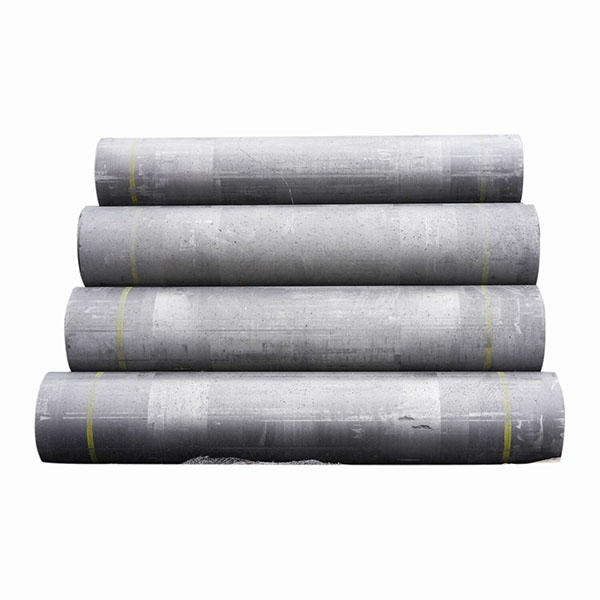Get the latest local business news delivered FREE to your inbox weekly.
Video provided in partnership with The Times, JEDtv and WJOB. Sponsored by Strack & Van Til. Natural Graphite Powder

The U.S. Environmental Protection Agency is proposing new regulations on pollution from steel mills that the steel industry and some elected officials say would impose heavy costs on domestic steelmaking, making it less competitive, but that environmentalists say do not go far enough to safeguard public health.
The EPA is proposing limits on emissions from "fugitive" sources at steel mills like bell leaks, unplanned bleeder valve openings, planned bleeder valve openings, slag pits and beaching. It aims to raise standards on releases from sinter plants and blast furnaces.
“We have serious concerns with these proposed rules because they would dramatically undermine the domestic steel industry and national security while driving production overseas, likely resulting in no net reduction in emissions from the steel industry globally,” wrote a bipartisan group of senators who hail from states where the steel industry has a significant presence.
Sense.Todd Young, R-Indiana, Mike Braun, R-Indiana, Sherrod Brown, D-Ohio, JD Vance, R-Ohio, Joe Manchin, D-West Virginia, Shelley Moore Capito, R-West Virginia, Bob Casey, D- Pennsylvania, and Amy Klobuchar D-Minnesota, called for the EPA not to enact the proposed regulations.
Cleveland-Cliffs Chairman, President and CEO Lourenco Goncalves said the company is investing in reducing emissions.
"However, these EPA proposed rules are not technically feasible or scientifically justified,” he said. “If promulgated, the regulations would put at risk good-paying, middle class union jobs in the steel industry."
Steelmakers and steelworkers have raised concerns the new rules would require billions of dollars in capital spending and raise operating costs.
“The proposed amendments would result in significant costs and jeopardize good paying jobs in local economies throughout the U.S," said Donnie Blatt, director of United Steel Workers District 1. "The EPA should further consider revising these amendments responsibly to allow U.S. steel companies to compete globally and still achieve their desired goals.”
But Earthjustice Senior Attorney James Pew said the regulations do not come close to protecting public health in communities like Northwest Indiana.
"The mills currently emit more than 350 tons of toxic metals like arsenic and lead as fugitive emissions," he said. "The rule would reduce these fugitive emissions by just 80 tons, leaving approximately 270 in the air. The health harms from lead and arsenic are very serious. The three sinter plants in Northwest Indiana — the only sinter plants still operating in this country — are largely untouched by the rule. They can continue emitting more than 200 tons per year of hazardous air pollutants into the communities between Gary and East Chicago."
Steel mills will continue to release a significant amount of toxic pollutants that have been tied to a number of health issues, including known carcinogens like lead.
"The rule seems designed to do very little and cost industry very little. It won’t impact the mills’ emissions much, and will cost only $5.4 million in capital costs and $2.8 million in annual costs for the whole industry," Pew said. "The industry’s revenues were well over $40 billion last year."
Get the latest local business news delivered FREE to your inbox weekly.
Email notifications are only sent once a day, and only if there are new matching items.
Video provided in partnership with The Times, JEDtv and WJOB. Sponsored by Strack & Van Til.

High Temperature Material Get up-to-the-minute news sent straight to your device.